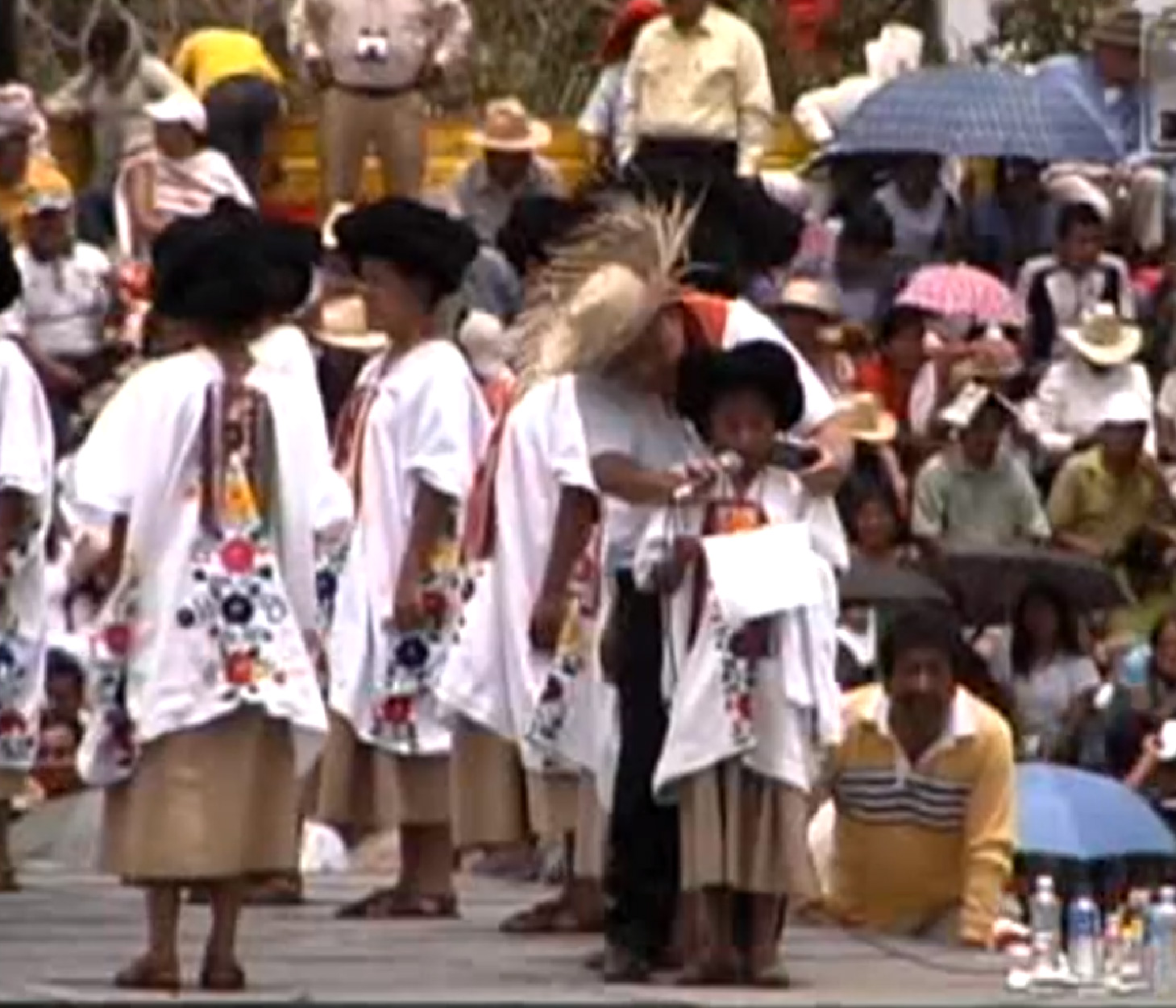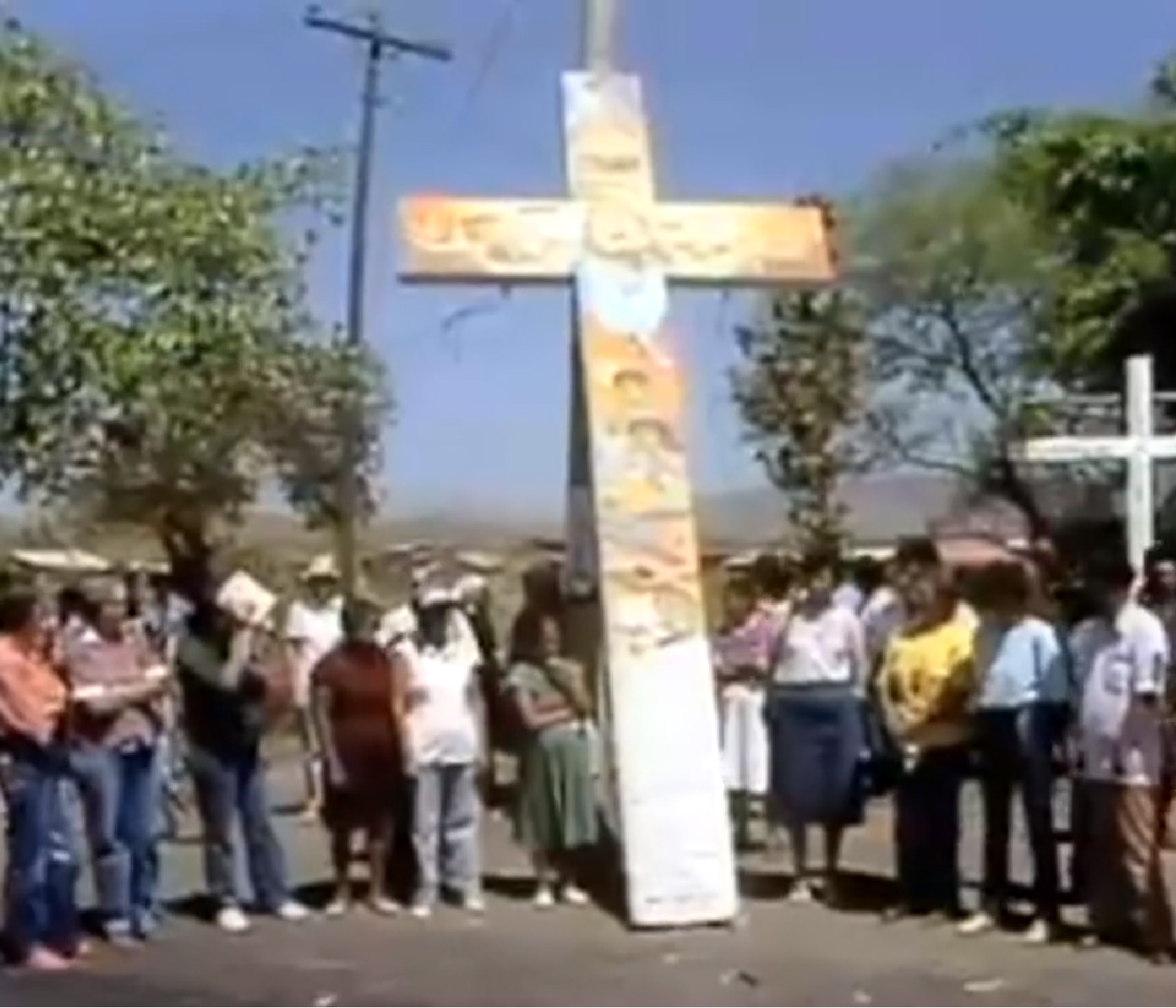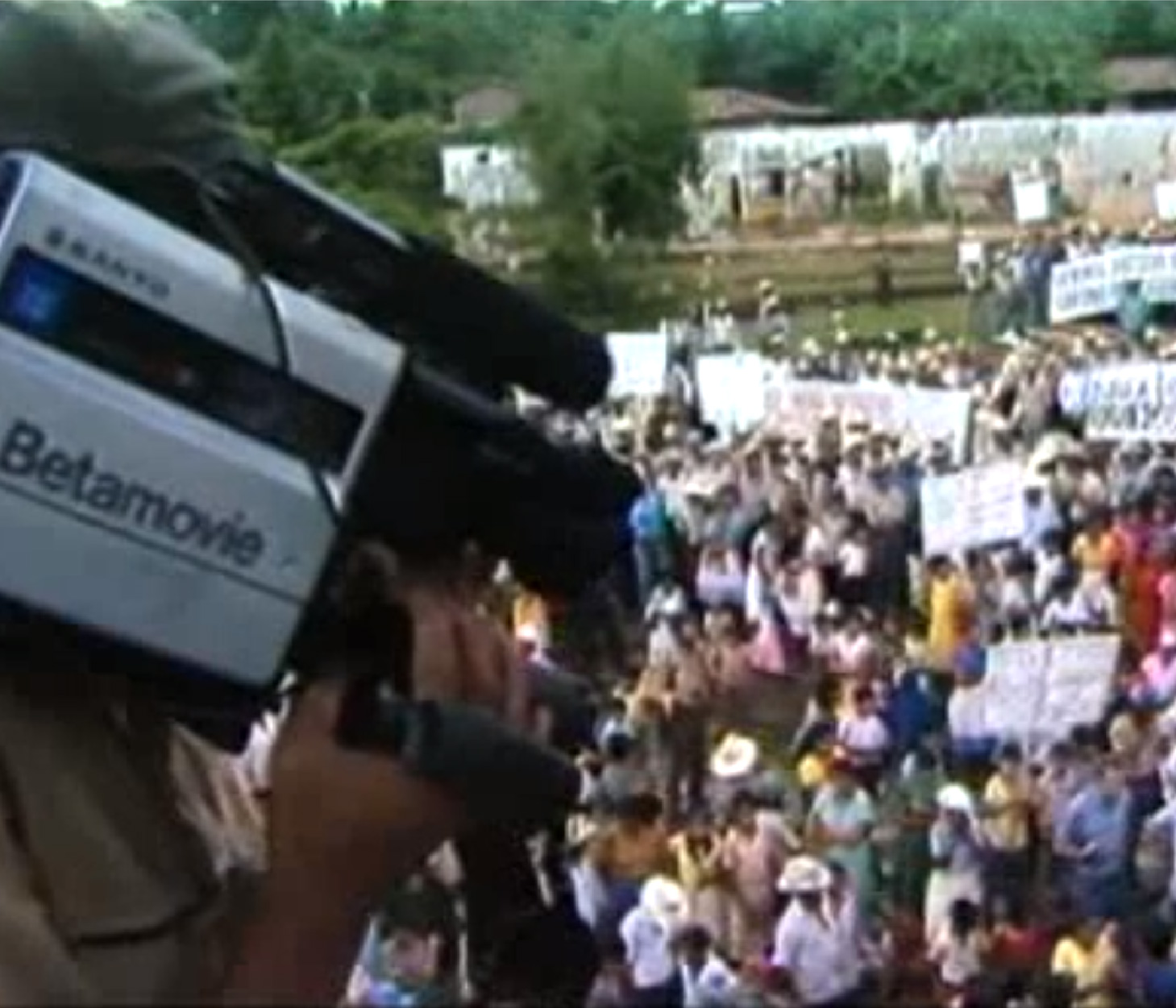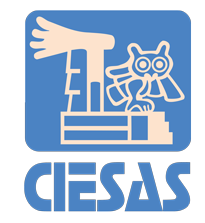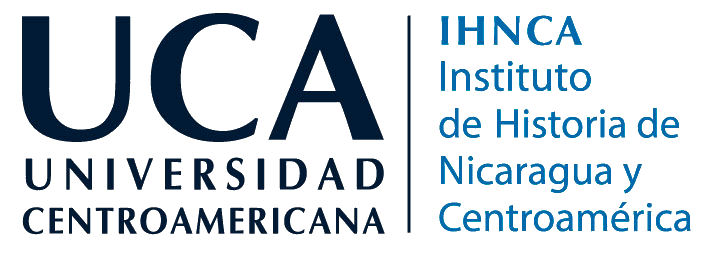Introducción
El Archivo Mesoamericano representa un archivo digital que consiste de grabaciones históricas y etnográficas, montado en colaboración con estas instituciones respectivas: el Centro de Investigaciones y Estudios Superiores en Antropología Social (CIESAS, México), el Instituto de Historia de Nicaragua y Centroamérica (IHNCA, Nicaragua), y el Museo de la Palabra y la Imagen (MUPI, El Salvador). Colectivamente, el archivo consiste de materiales que abarcan desde 1974 hasta 2007, presentando una variedad de temas pertinentes: los derechos humanos, la violencia política, las relaciones internacionales, y el sandinismo. Incluye también varios subtemas: las tácticas guerrilleras, la literatura revolucionaria, los conflictos armados, y los movimientos juveniles. Finalmente, esta colección hace hincapié en el legado lingüístico, histórico y étnico de las comunidades indígenas, presentando lenguajes tales como el chinanteco, el mixe, las lenguas mixtecas, el zapoteco oaxaqueño, el náhuatl, el chontal tabasqueño, el tzeltal y el tzotzil chiapanecos, el pipil salvadoreño, el miskito, y el sumo nicaragüense.
Colecciones
Introduction
Archivo Mesoamericano is a digital archive of annotated historical and ethnographic video materials created in collaboration with the Center for Research and Advanced Studies in Social Anthropology (CIESAS) in Mexico, the Institute of History of Nicaragua and Central America (IHNCA) in Nicaragua, and the Museum of the Word and the Image (MUPI) in El Salvador. Collectively, the Archivo contains footage dating from 1974 to 2007, and addresses such topics as human rights, political violence, youth movements, the Sandinista government, guerrilla media, revolutionary literature, armed conflict and international relations, among other subjects. It also places an emphasis on the ethno-linguistic and ethno-historical legacy of indigenous peoples in the region, and contains materials that feature endangered languages such as Chinanteco, Mixe, Mixtec, and Zapotec from Oaxaca, Nahuatl from Veracruz, Chontal from Tabasco; Tzeltal and Tzotzil from Chiapas; Pipil from El Salvador; and Miskitú and Sumo from Nicaragua.

